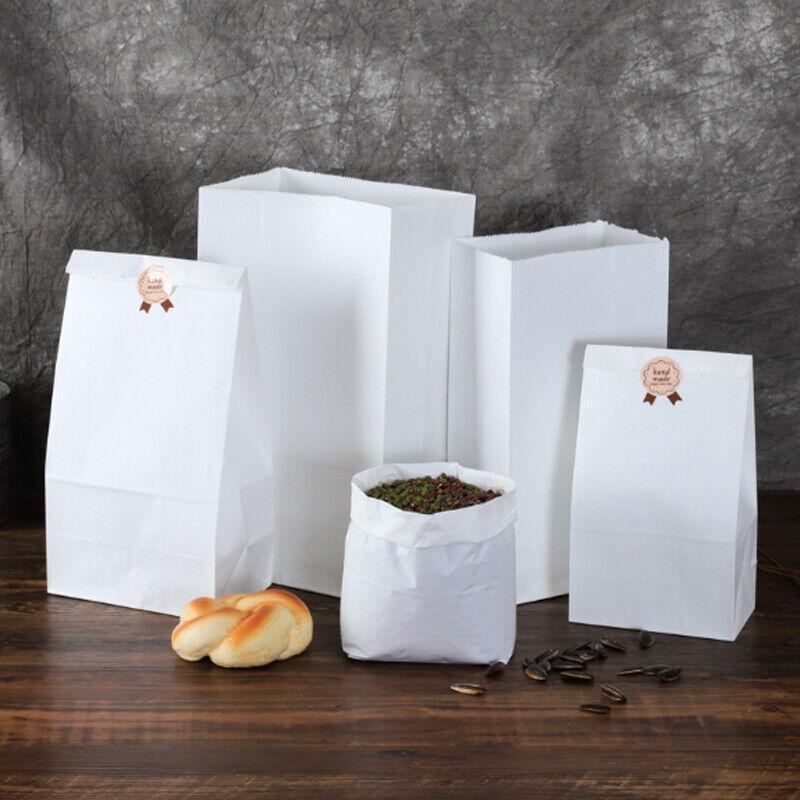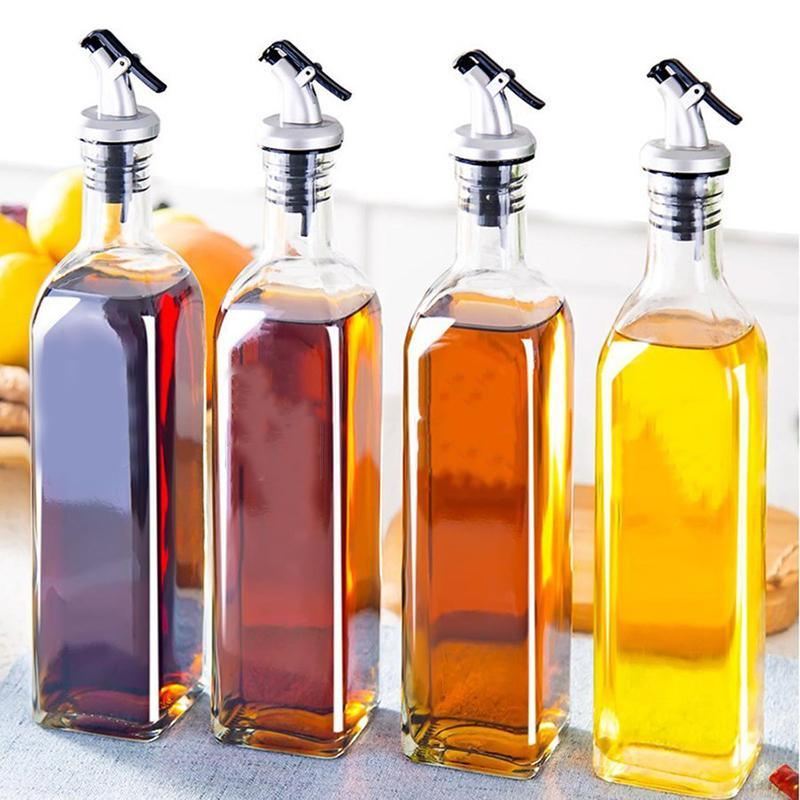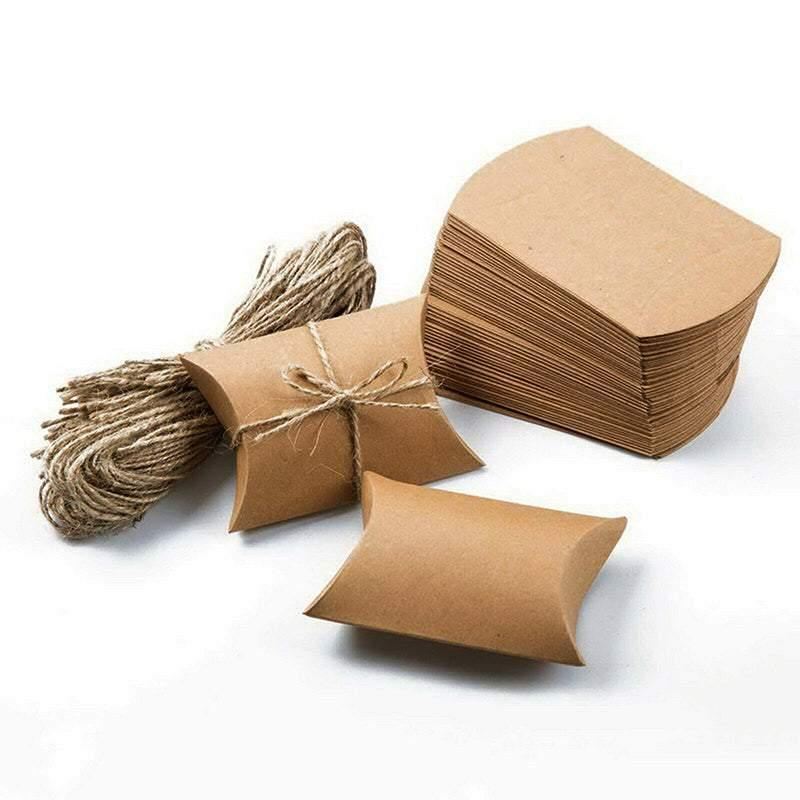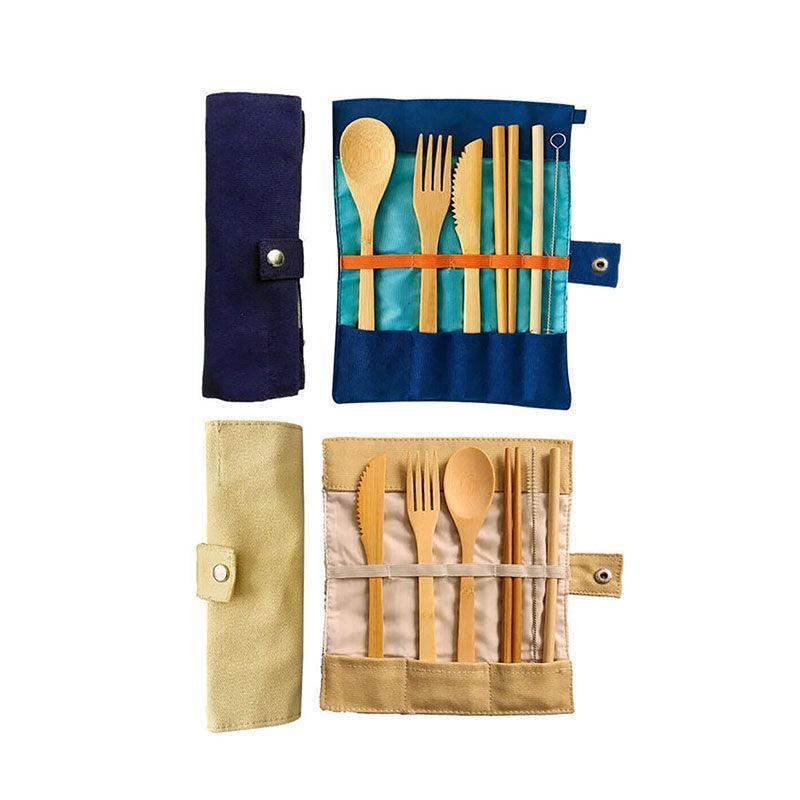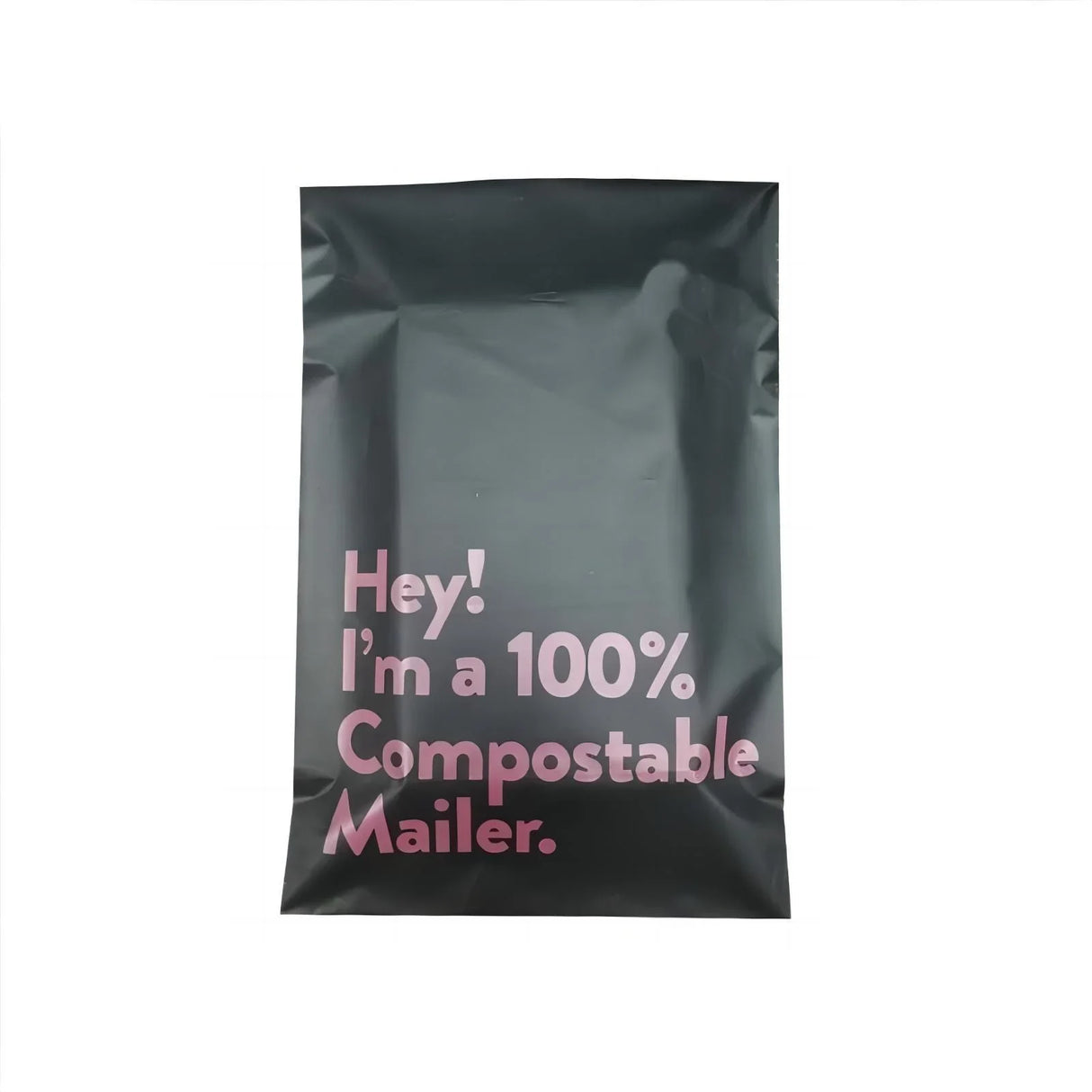As the world becomes more environmentally conscious, businesses are increasingly turning to sustainable packaging materials. Sustainable packaging not only helps reduce the environmental impact but also aligns with consumers' growing demand for eco-friendly products. Choosing the right packaging materials is a critical decision for any business looking to improve their environmental footprint. In this article, we will explore the top 10 packaging materials that every business should consider for sustainability.
1. Recycled Paper and Cardboard
Recycled paper and cardboard are among the most widely used sustainable packaging materials. Made from post-consumer waste, these materials help reduce the need for virgin resources, saving trees and reducing landfill waste. Recycled cardboard can be used for shipping boxes, product packaging, and even display stands. Additionally, it is biodegradable and can be recycled again after use.
Benefits:
- Recyclable and biodegradable
- Reduces deforestation
- Cost-effective and widely available
2. Biodegradable Plastics (PLA)
Biodegradable plastics, such as PLA (polylactic acid), are made from renewable resources like corn starch or sugarcane. PLA breaks down naturally in composting conditions, making it an ideal option for businesses looking to reduce their plastic waste. PLA is often used in food packaging, bottles, and containers.
Benefits:
- Compostable in industrial composting facilities
- Made from renewable resources
- Reduces plastic pollution
3. Glass
Glass is a timeless packaging material that is both sustainable and versatile. It is 100% recyclable, and glass containers can be recycled indefinitely without losing quality. Although glass is heavier and may require more energy to produce, its ability to be recycled endlessly makes it a preferred choice for many sustainable packaging solutions.
Benefits:
- 100% recyclable without degradation in quality
- Non-toxic and safe for food products
- Long shelf life for products
4. Mushroom Packaging
Mushroom packaging is a biodegradable material made from mycelium, the root structure of mushrooms, and agricultural waste. It is a highly sustainable option because it is grown in molds and takes little energy to produce. This material is used in packaging electronics, cosmetics, and fragile items.
Benefits:
- Fully compostable and biodegradable
- Lightweight and protective
- Renewable and locally sourced
5. Hemp-Based Packaging
Hemp is a fast-growing, sustainable crop that can be used to create biodegradable packaging materials. Hemp-based packaging is durable, compostable, and can be used in a variety of applications, including bags, boxes, and even labels. Hemp packaging is ideal for products that require strong and eco-friendly packaging solutions.
Benefits:
- Strong, durable, and biodegradable
- Renewable resource
- Minimal environmental impact
6. Bamboo Packaging
Bamboo is a highly renewable resource that grows quickly and requires minimal water and pesticides. Bamboo packaging is biodegradable and can be used for various types of packaging, such as containers, boxes, and cutlery. Bamboo is also known for its strength and flexibility, making it suitable for durable, eco-friendly packaging.
Benefits:
- Rapidly renewable and biodegradable
- Strong and durable
- Minimal environmental impact during production
7. Compostable Paperboard
Compostable paperboard is a great alternative to traditional cardboard. It is made from sustainably sourced paper and can be composted after use. This material is commonly used for food packaging, such as pizza boxes and takeout containers, and is an excellent choice for businesses focused on sustainability.
Benefits:
- Fully compostable and biodegradable
- Made from renewable materials
- Ideal for food packaging
8. Edible Packaging
Edible packaging is an innovative solution that eliminates waste altogether. Made from food-grade ingredients like seaweed, rice, or even fruits and vegetables, edible packaging is designed to be consumed along with the product it wraps. This type of packaging is particularly popular in the food industry and can significantly reduce waste.
Benefits:
- Completely eliminates waste
- Made from natural, biodegradable ingredients
- Enhances the consumer experience
9. Plant-Based Plastics (Bio-Plastics)
Plant-based plastics are made from renewable plant sources, such as corn or sugarcane, rather than petroleum-based plastics. These materials are biodegradable, compostable, or recyclable, offering a sustainable alternative to traditional plastic packaging. Common applications include food containers, beverage bottles, and bags.
Benefits:
- Made from renewable resources
- Can be biodegradable or recyclable
- Reduces dependency on fossil fuels
10. Eco-Friendly Tape and Labels
Packaging materials aren't just about boxes and containers. Eco-friendly tape and labels play an essential role in sustainable packaging. Many businesses now use biodegradable or recyclable tapes made from materials like paper, and eco-friendly labels made from recycled paper or plant-based inks.
Benefits:
- Reduces overall packaging waste
- Biodegradable and recyclable options
- Compatible with a range of packaging materials
Conclusion
Sustainable packaging is not only good for the environment but can also enhance your brand’s reputation and appeal to conscious consumers. By integrating these top 10 sustainable packaging materials into your business operations, you can significantly reduce your carbon footprint and contribute to a greener future. Whether you're in the food, retail, or technology industry, there are eco-friendly packaging solutions that suit your needs. The time to embrace sustainability in packaging is now—and it’s a win for both your business and the planet.
Now is the perfect time to take the first step toward more responsible packaging solutions. Visit Discount Packaging Warehouse today and explore a wide range of sustainable packaging materials that will help reduce your carbon footprint, protect your products, and enhance your brand's reputation. Let's work together to build a more sustainable future, one package at a time!


